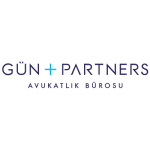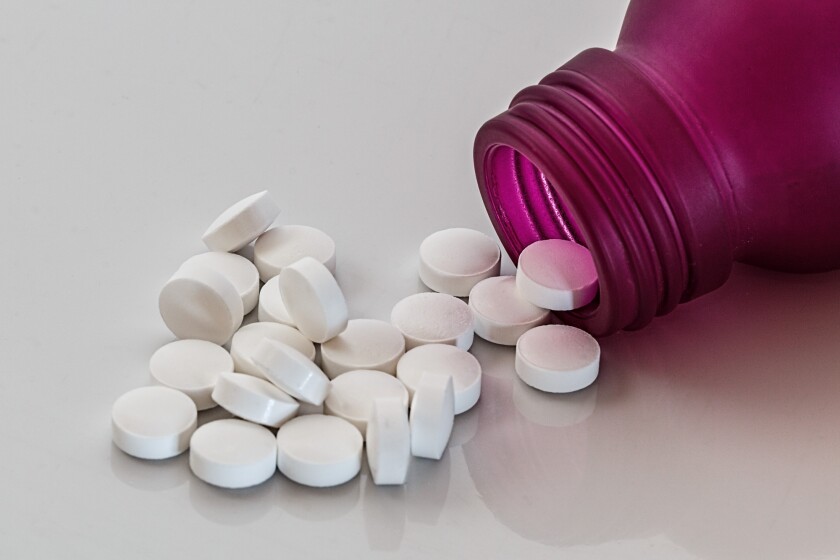As per the European Patent Convention (EPC) definition, a substance or composition that is already known to have been used in a “first medical use” may still be patentable for any second or further use, provided that said use is novel and inventive.
Even though first medical use was the subject of patent protection within the EPC 1973, this convention did not regulate that the substance could be subject to a patent in different medical uses (second/further medical use). While there was no regulation in EPC 1973, claims regarding second and further medical uses of a known substance could be protected following case G5/83 of the EPO Enlarged Board of Appeal, provided that the claims are written in the ‘Swiss-type claim’ format.
As of the EPC 2000 amendments, a basis for second and further medical uses has been introduced in Articles 54 (4) and (5) of the EPC.
Although Turkey has been a signatory of the EPC since 2000, and the national law is mostly harmonised with the EPC provisions, Turkey refused to explicitly provide for the patentability of second or further medical claims in its national law. Instead, during the oral discussions at the parliament, government officers stated that any patent granted by the European Patent Office (EPO) will be protected in Turkey as per Turkey being a signatory of the EPC.
A decision that will shape future disputes
The validity of second medical use patents granted by the EPO before the EPC 2000 amendments is still frequently challenged by generic drug manufacturers. Finally, this issue was evaluated in detail by the General Assembly of the Court of Appeal (GACoA) on October 21 2021, and the court’s ruling should guide future disputes.
In the relevant case, one of the IP courts in Istanbul ruled that the patent disclosing a second medical use of a known substance must be revoked as the EPO granted it before the EPC 2000 amendments, when there was no explicit provision on the patentability of second/further medical use claims.
The court considered that Turkey is bound by the EPC provisions as a member of the European Patent Organisation, but not by the case law numbered G5/83 of the EPO Enlarged Board. In the absence of explicit provisions on the patentability of second/further medical use claims, the decision to grant such patents is groundless and therefore null and void.
The patentee appealed the decision before the Court of Appeal, which reversed the decision in the patentee’s favour. However, unexpectedly, the first-instance court resisted the reversal decision of the Court of Appeal, and therefore the case was referred to the GACoA.
The GACoA overturned the first-instance court’s resistance decision by finding it undue and unlawful. In its decision, the GACoA made important determinations, especially on the patentability of second/further medical use patents in Turkey.
The GACoA indicated that second medical use claims were protected by the EPO case law during the EPC 1973 period, before the entry into force of EPC 2000, which introduced Articles 54 (4) and (5). Furthermore, the GACoA rebutted the first-instance court’s claim that the court was not bound by the EPO case law.
The GACoA stated that, since Turkey had accepted the EPC 1973 and EPC 2000 provisions, the invalidity examination of European patents for first and second medical uses should be conducted by taking into account the EPC provisions and case law. In this respect, the GACoA stated that since the patent is a European patent, it should be examined to ascertain whether it meets the patentability criteria under EPC 1973, which was in force at the time of application of the patent.
According to the GACoA, a patent cannot be revoked just because it is a second medical use patent granted during the EPC 1973 period.
The GACoA considered that, although the first-instance court is a specialised IP court, it is not possible to resolve the dispute only with the legal knowledge of the judge and it should be resolved by taking the opinion of a technical expert.
Finally, the GACoA ruled that any patent, including second medical use claims, can only be revoked after conducting a true novelty and inventive step assessment. The GACoA rejected the arguments of the first-instance court that second medical use claims granted during the EPC 1973 period lack legal basis. Thus it has ended years of debate on this issue with a satisfying and solid decision.













